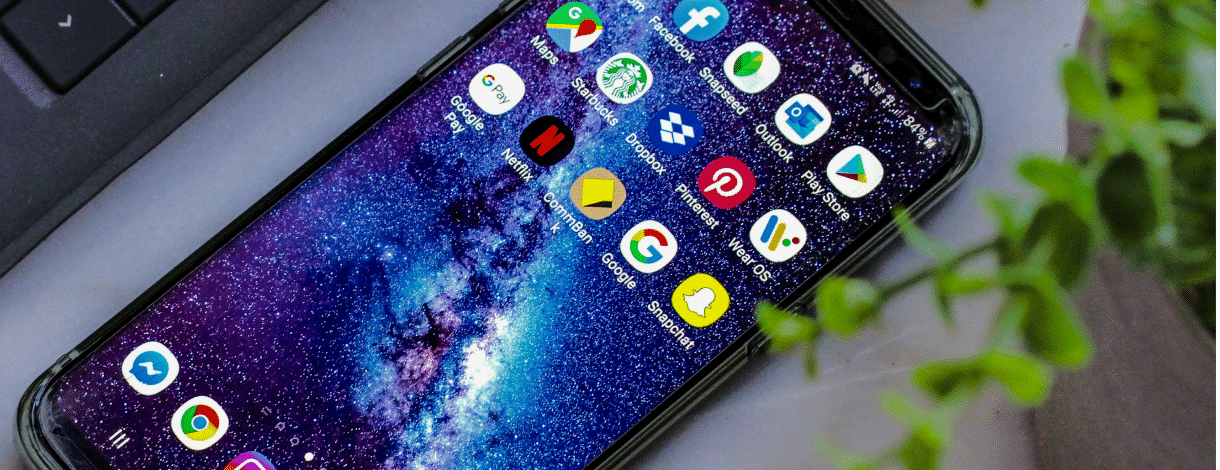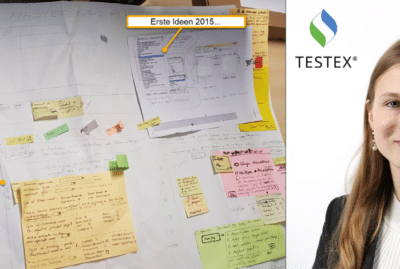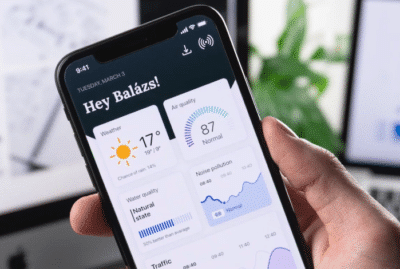In the 21st century, apps are commonplace. Few people think about what types of apps there are. For example, we differentiate between native apps and web apps. This means whether the application should be installed on the device itself (native app) or run via the mobile device’s web browser (web app).
Native vs. Webapp

The proven Native App
Native apps, also known as mobile apps, are developed for a platform-specific operating system, such as Android (in Java), iOS (in Swift), Windows or Mac (various languages). Accordingly, it must be installed on the user’s device from an app store or other source.
Native apps often have better performance because they are directly optimized for the specific operating system and hardware. You can seamlessly access the full range of device features, enabling deeper integration and a better user experience. Many native apps can work without an internet connection because they can store data locally. Availability in app stores provides wide reach and easy discovery for users. And the user interface can also be better adapted to the specific design guidelines of the operating system, resulting in familiar and optimized usability.
The disadvantages of the native app are the high development costs, as a separate app has to be developed for each operating system. In addition, the app developer often has to design different concepts for the different operating systems in order to get the maximum performance out of the native app. Updates may take longer to develop and deploy, especially if they need to be approved by the app stores. Native apps require a separate code base for each platform, which can lead to more maintenance effort.
The modern web-based solution: Web Apps
Web apps, on the other hand, are websites with the features of native apps, such as push notifications or camera access. They are implemented across platforms using classic web technologies such as HTML, CSS and JavaScript. It is platform independent and can be run via a web browser on various devices and platforms (desktop, mobile). Users can access them via a web browser without having to perform any installation. However, they can be linked on a device’s home screen to provide similar access to a native app. Since it is platform independent, it can be developed more cost-effectively. A single code base can run on different platforms. Updates are simpler because they are performed server-side and do not require user interaction.
With a web app, access to certain functions of the device is more limited compared to native apps. The performance of a web app can also be affected compared to native apps, especially for resource-intensive applications or with a slow internet connection. Visibility and discovery of web apps can be more difficult than native apps present in app stores.
The choice between a native app and a web app depends on specific requirements, budget, target groups and other factors. A hybrid solution is often considered to combine the advantages of both approaches.
Learn more about the different types of application development!
The hybrid solution
Hybrid solutions offer a compromise by combining elements of both native apps and web apps. Hybrid apps are often built using web technologies such as HTML, CSS and JavaScript and then packaged in a so-called “container” that allows access to native features of the device. This container can be implemented in the form of a native app framework, such as React Native.
With a hybrid app, a single code base can be used on different platforms (iOS, Android), reducing development time and costs. Hybrid apps can access native functionality that would not normally be available via web technologies. This includes camera, GPS, contacts and other device features. Similar to web apps, updates can be performed quickly server-side without users having to manually install updates. Hybrid apps can have a presence in app stores, improving visibility and discovery for users. By using web technologies, developers can build on existing expertise and accelerate development. Hybrid apps can store data locally and therefore work in offline mode, similar to native apps.
However, it is important to note that hybrid solutions may not be suitable for all types of applications, especially when highly specialized performance, deep integration into specific device features, or a particularly demanding user experience is required. The choice between a native, web or hybrid solution depends on the specific needs and goals of the project.
Are you looking for a partner for efficient app development? Our experts will be happy to provide you with a free initial consultation.
Contact
Do you have any questions? Would you like to find out more about our services?
We look forward to your enquiry.
Contact us






































































